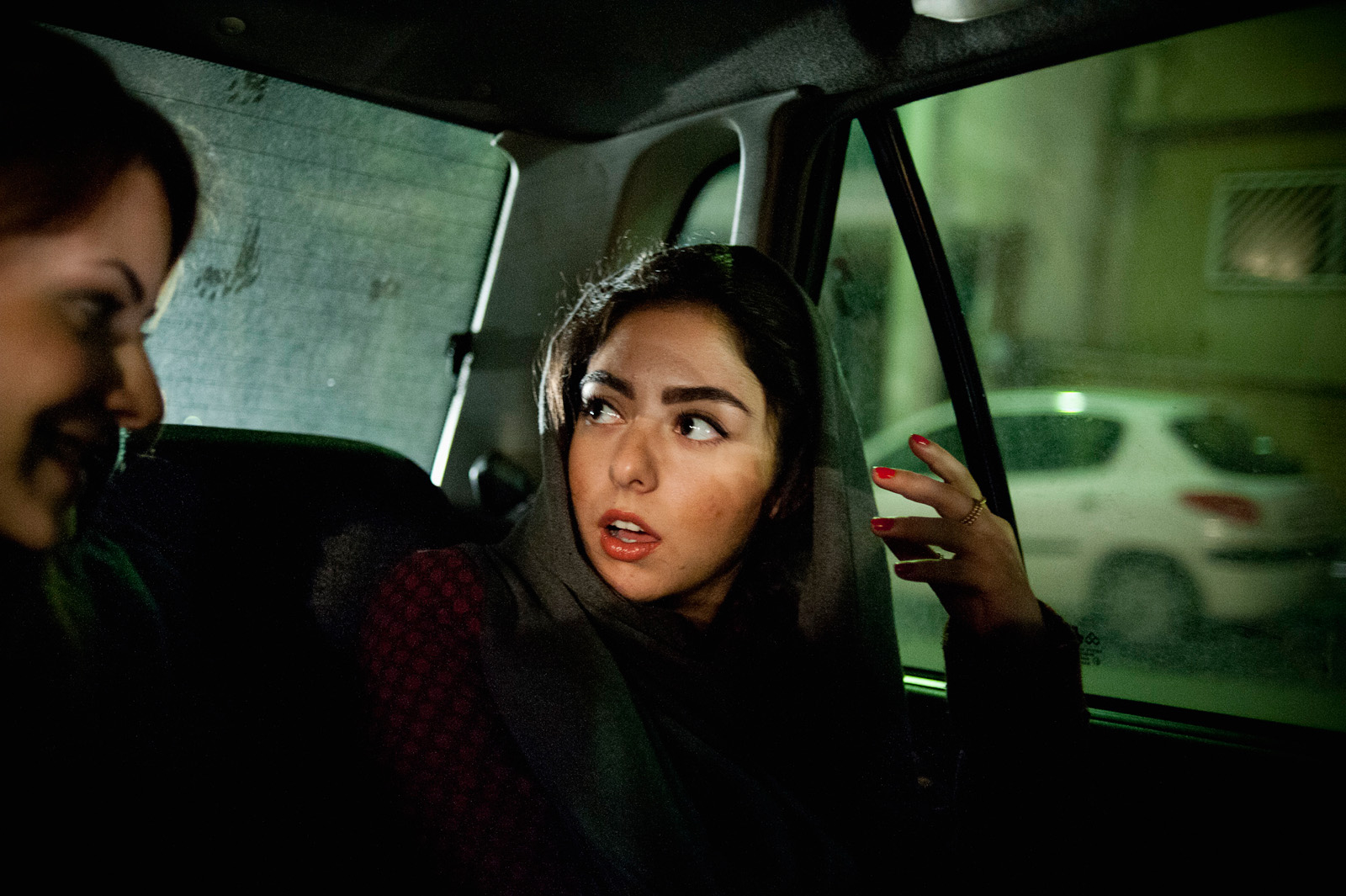
The Chris Hondros Fund award can be a bittersweet recognition. The prize comes with a $20,000 grant to support documentary work, but is named after a photojournalist who was killed on April 20, 2011, in Misrata, Libya. Hondros was a deeply respected Getty Images photographer who, over his years on the job, influenced the lives and work of many of his colleagues.
“It’s not just an accolade,” says Bryan Denton, this year’s recipient of the Getty Images and Chris Hondros Fund Award. “It’s a motivational award too.”
Denton, a long-time freelancer and contributor to the New York Times, has spent the last decade working across Afghanistan, the Middle East Africa and South East Asia.
Denton has received the grant just as he’s decided to look for projects that are more long-term than what he’s used to, a new direction partly inspired by the recent birth of his son. “I’ve realized that the real commodity in life is time, especially when you’ve had a kid,” he says. “Before I had the baby, I was spending six to eight months out of the year on the road. I feel like it’s a lot harder to find the time to work now but at the same time, when I do work, I feel that every day that I get away from home has to count.”
The grant will help him achieve that goal, even if he doesn’t know exactly how at the moment. “I’m sort of trying to come up with a plan for what I’m going to use it for,” he says. “Obviously I want to put it to good use to bring my work forward.”
For New York Times International Picture Editor David Furst, Denton’s evolving work shows a deeper understanding of the kind of photography he wanted to make over the years. “Even in the most kinetic and dangerous environments he still manages to have a very sensitive eye,” Furst says. “He cares a lot about the subjects he photographs, and he cares a lot about the subjects in his photographs.”
Kiana Hayeri, who received the Chris Hondros Fund Award in the Emerging Photographer category, shares Denton’s wish to focus on the personal. In the last five years, the Iranian photographer has focused on impact war and oppression has had on millennials — first in Iran and Afghanistan, and now in Congo and Europe.
“The body of work Kiana is building is beyond impressive,” says photographer Peter DiCampo, who nominated the Iranian-born photographer for the award. “She inserts herself into private moments and creates intimate portraits of life in parts of the world where we rarely see anything beyond the nightly news. And she does this seemingly effortlessly. Her talent is to put those around her at ease.”
For Di Campo, Hayeri’s strength resides in her subtle approach. “The small moments, the telling details that make up our lives: a flip of hair, a skeptical expression,” he says.
Hayeri will continue with this approach, but, she says, it will now come with “the pressure of living up to Chris’ name and creating strong and inspiring work.”
Olivier Laurent is the editor of TIME LightBox. Follow him on Twitter and Instagram @olivierclaurent
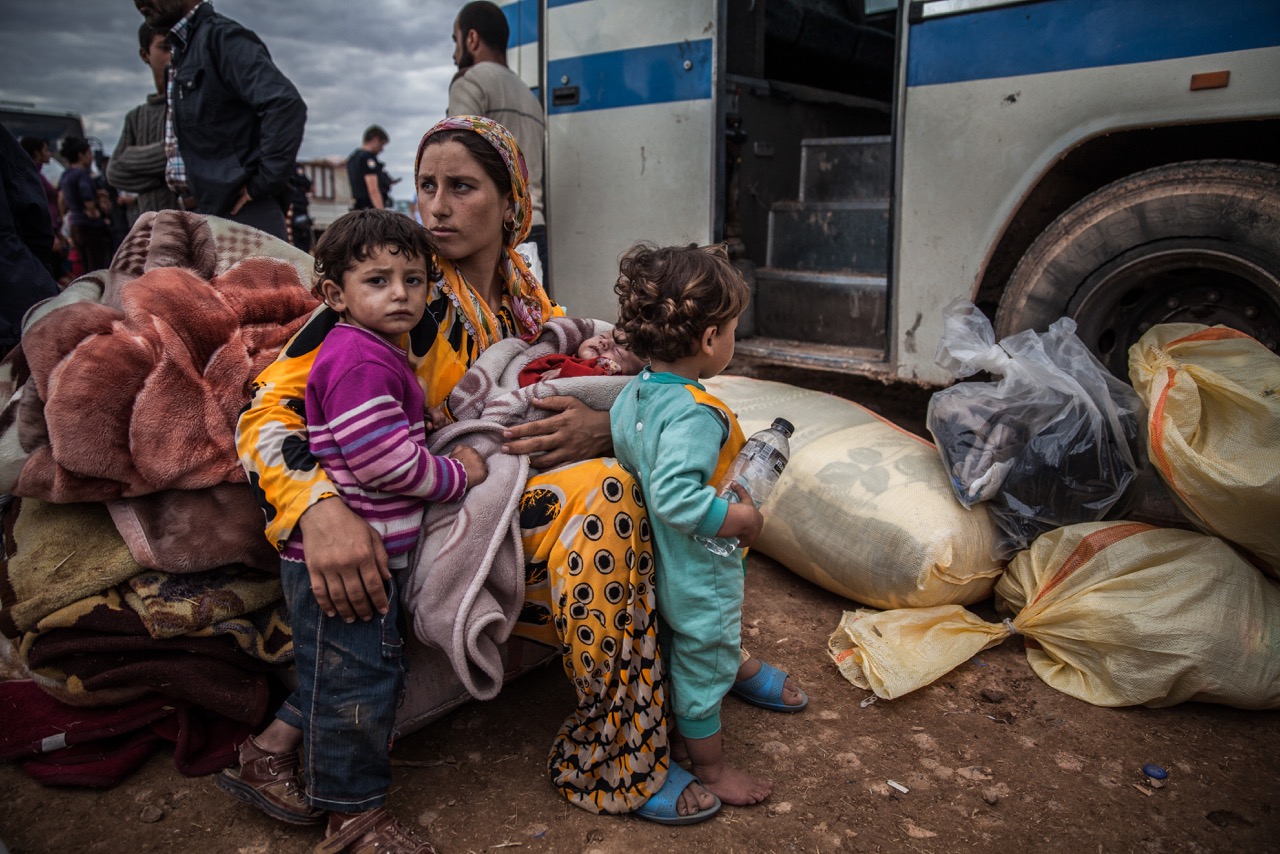
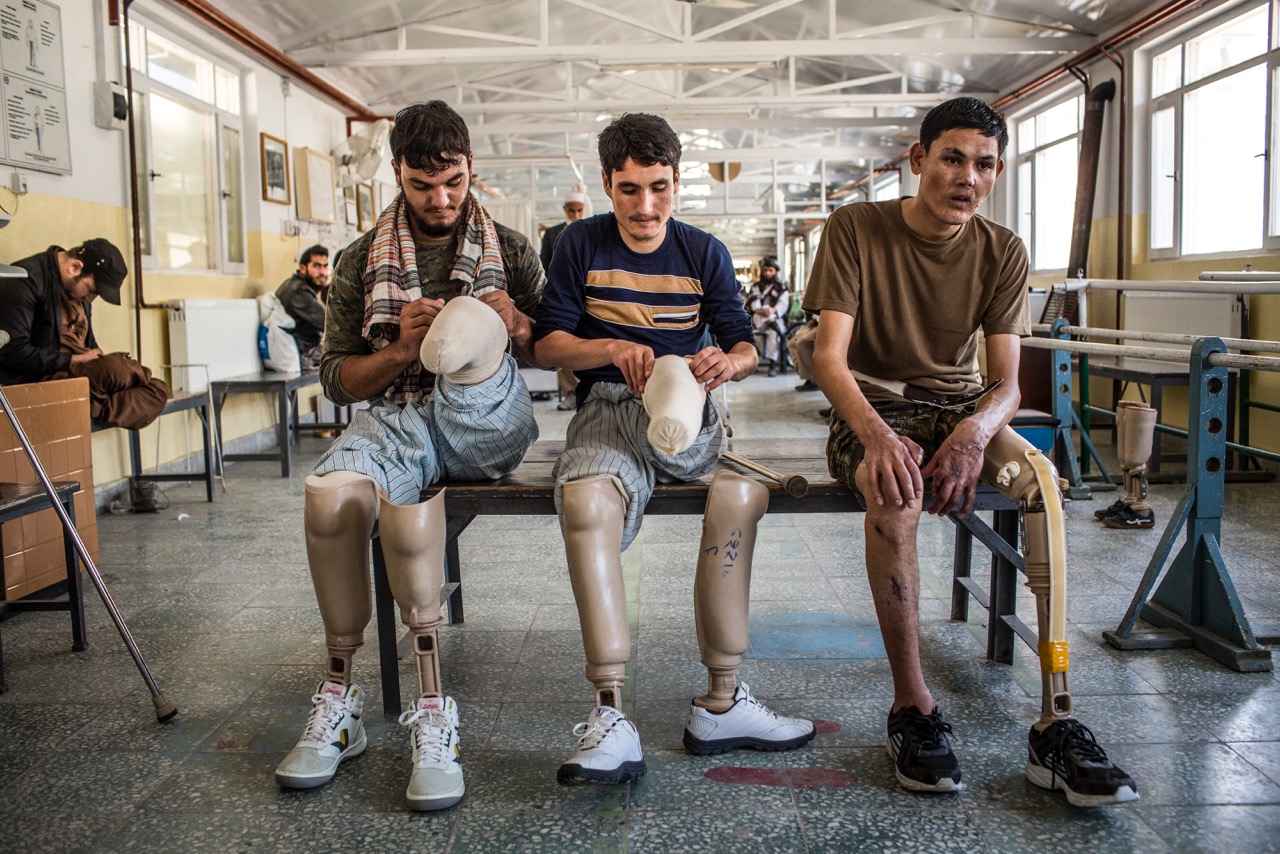
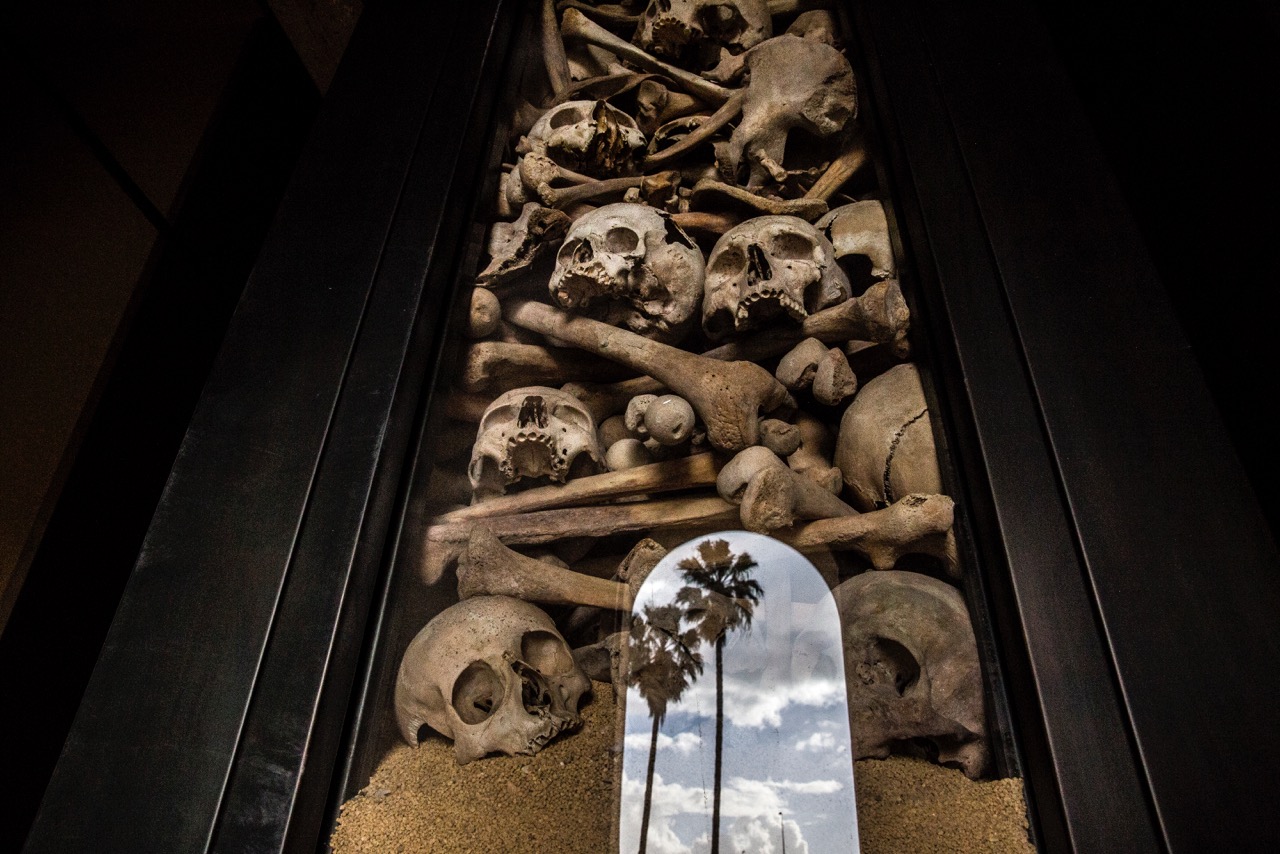
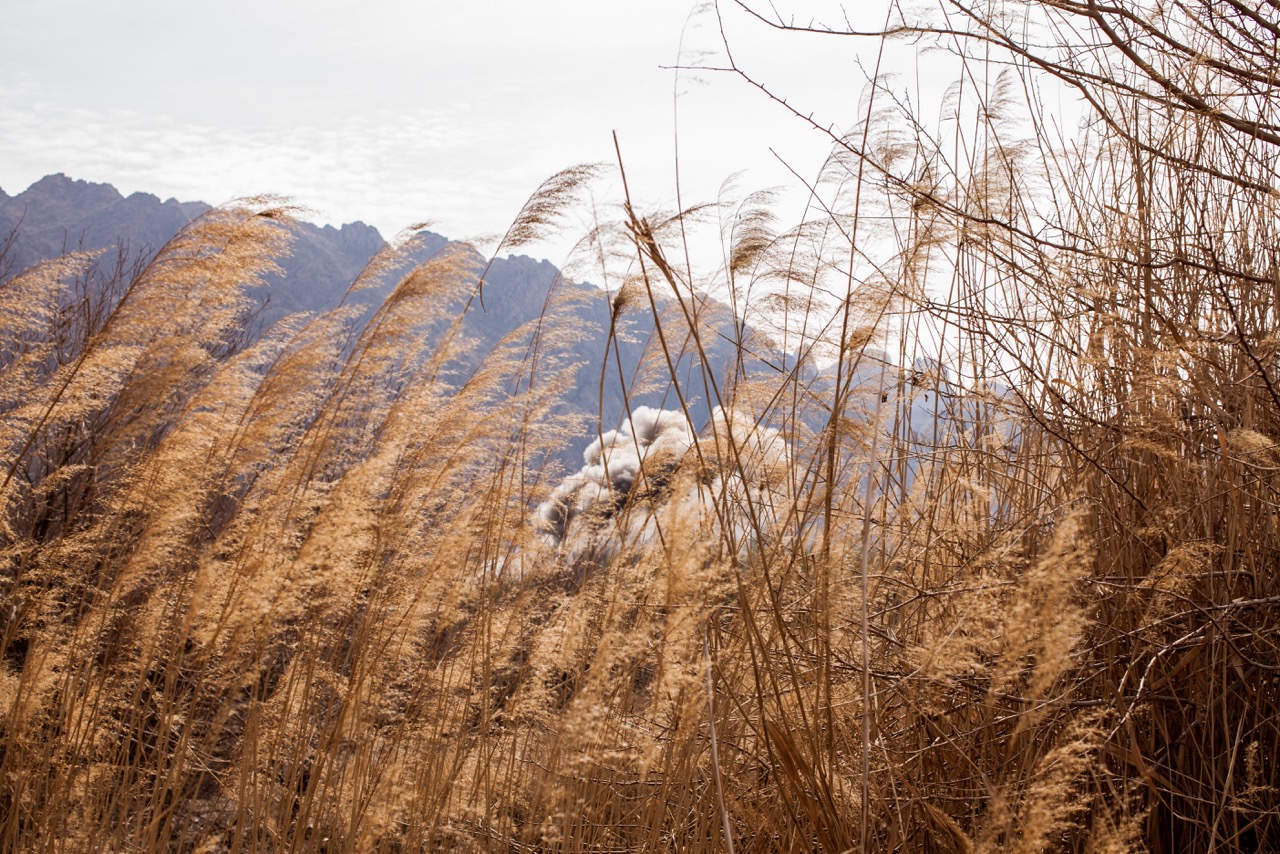
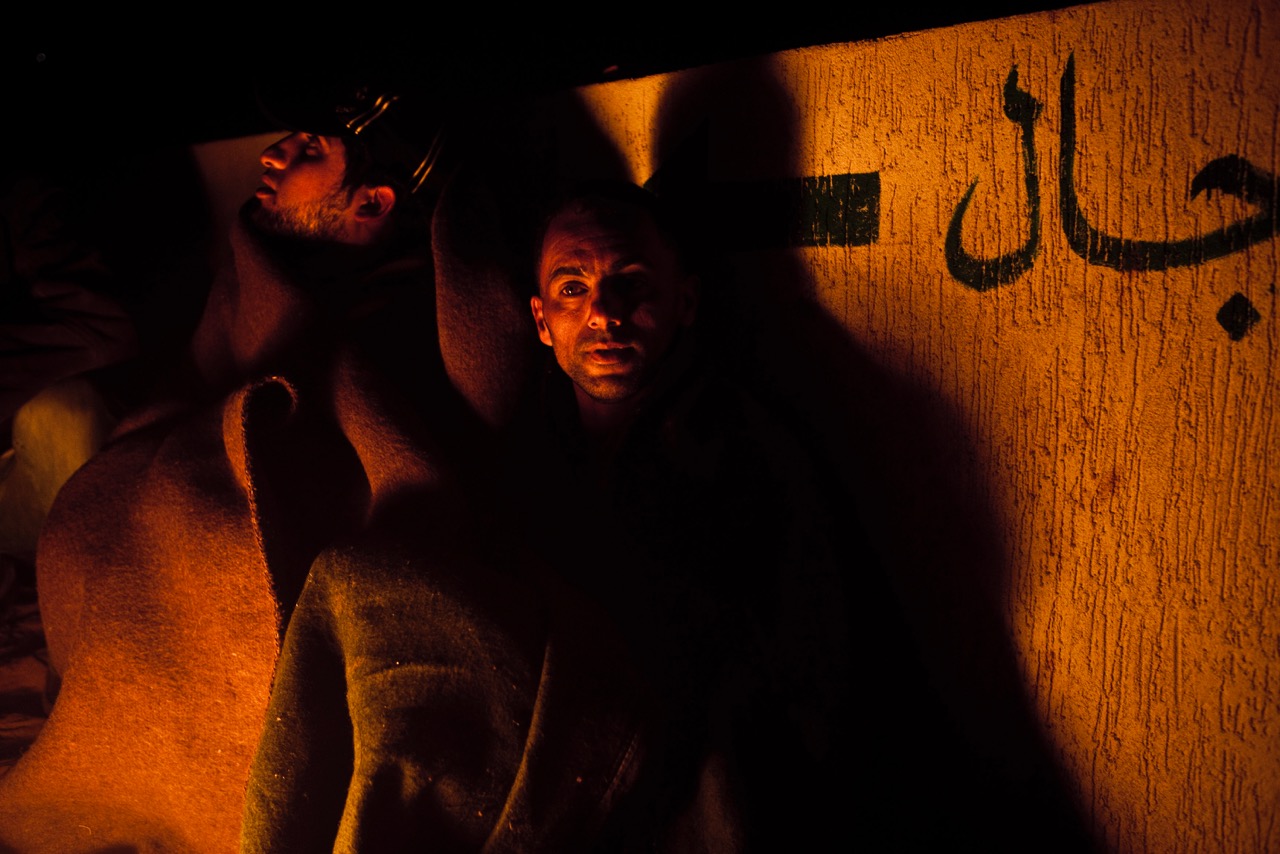
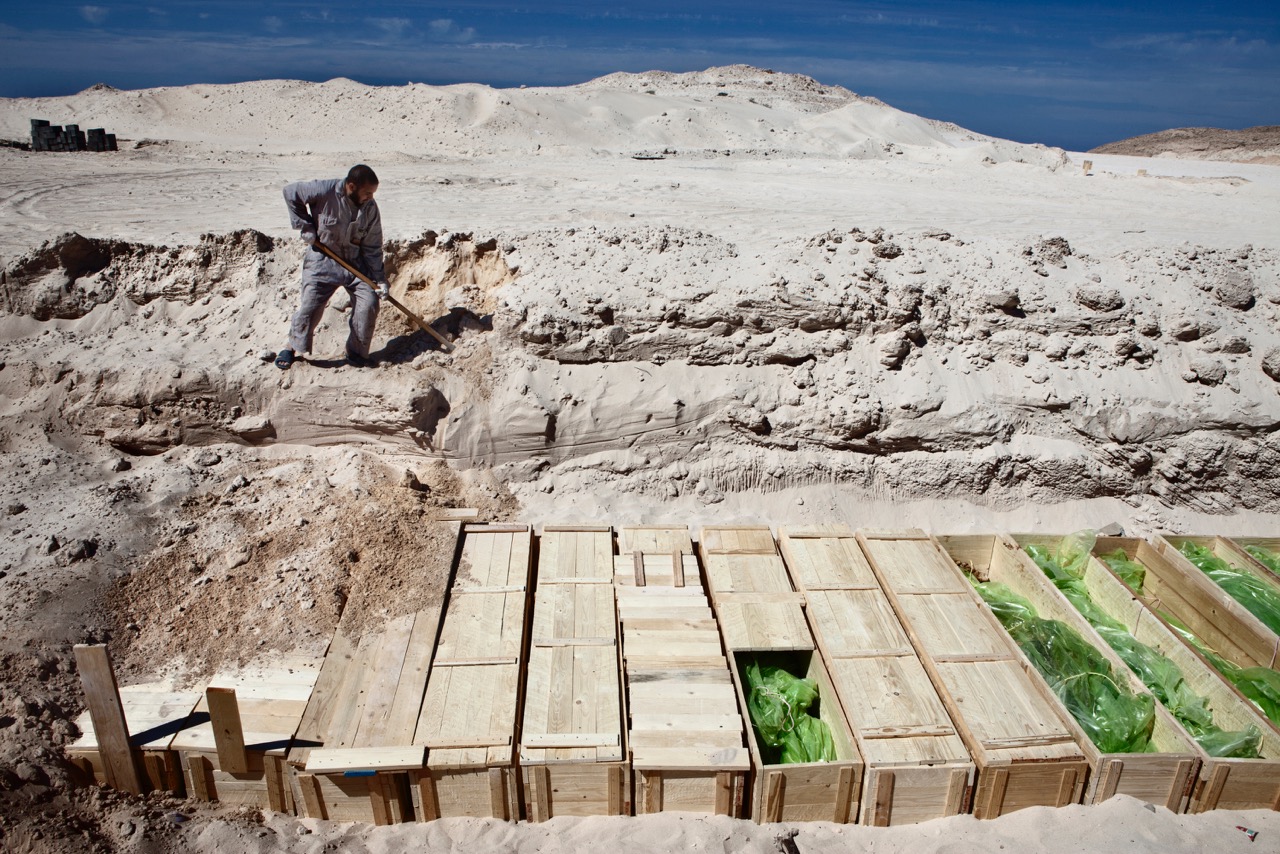
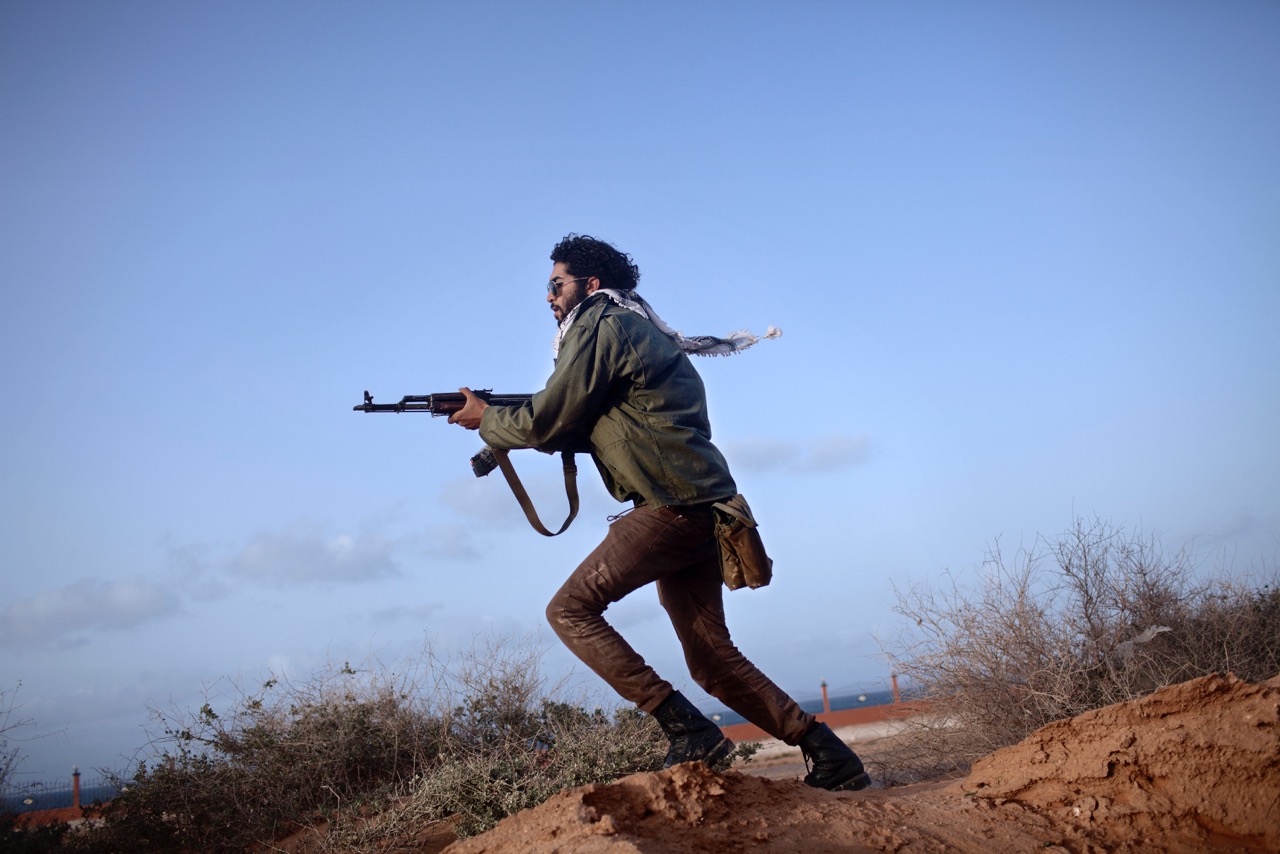
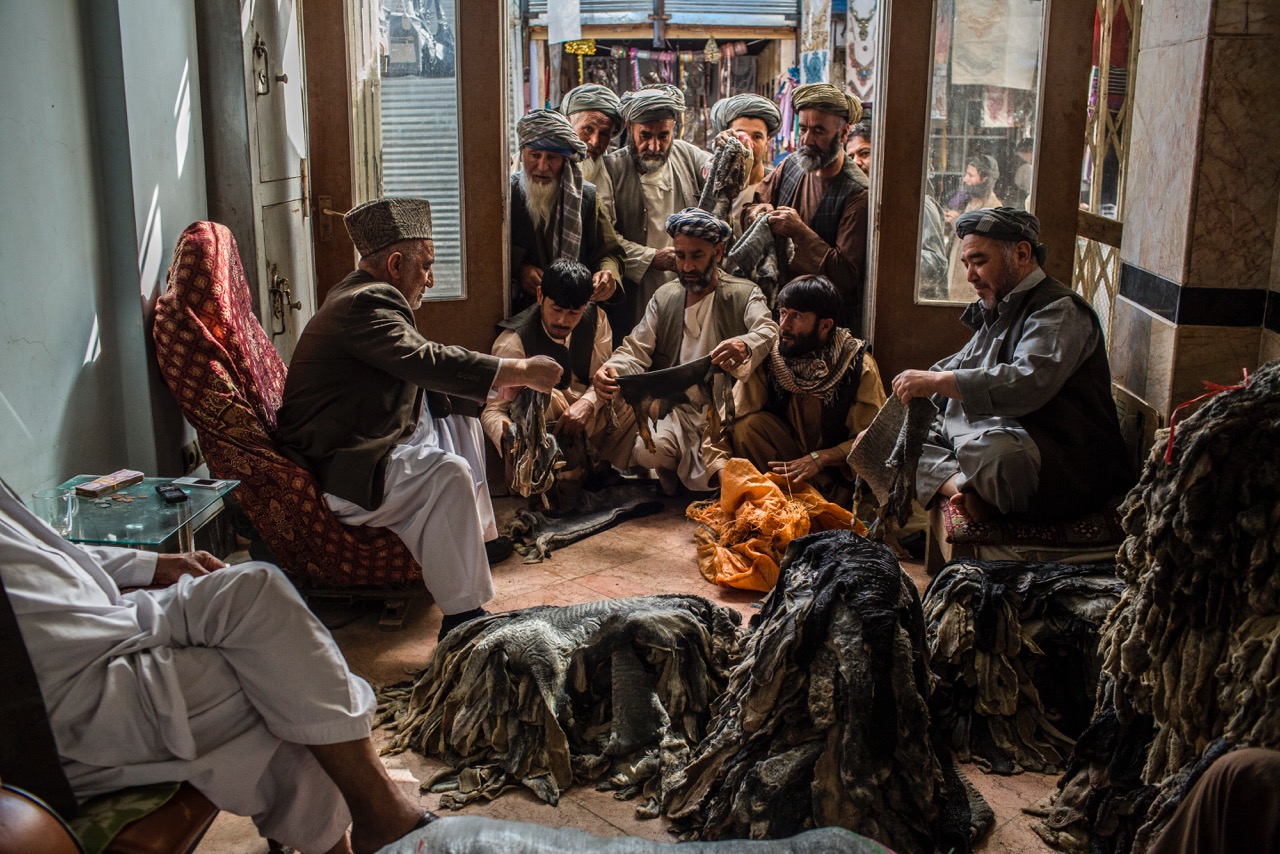
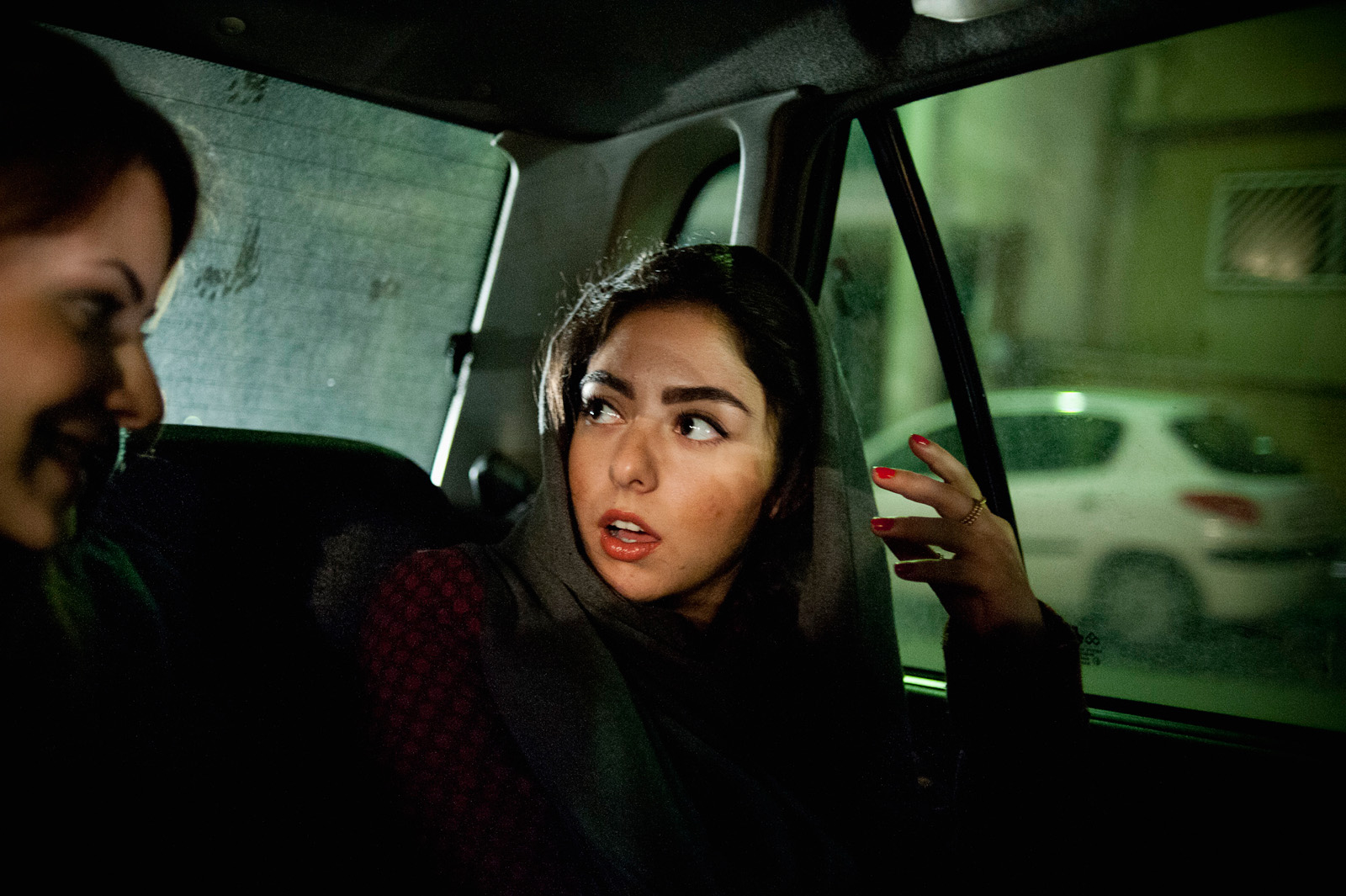
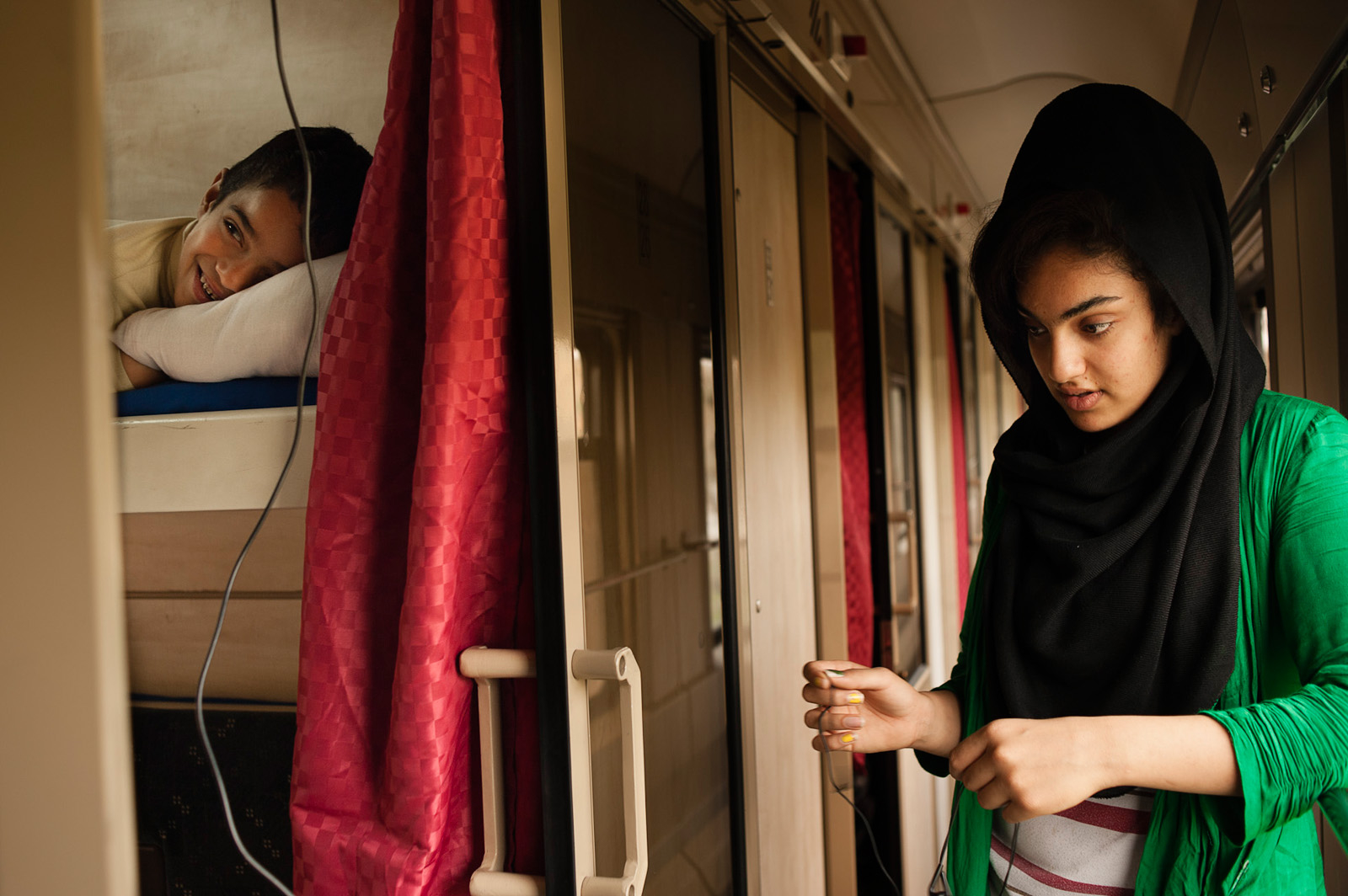
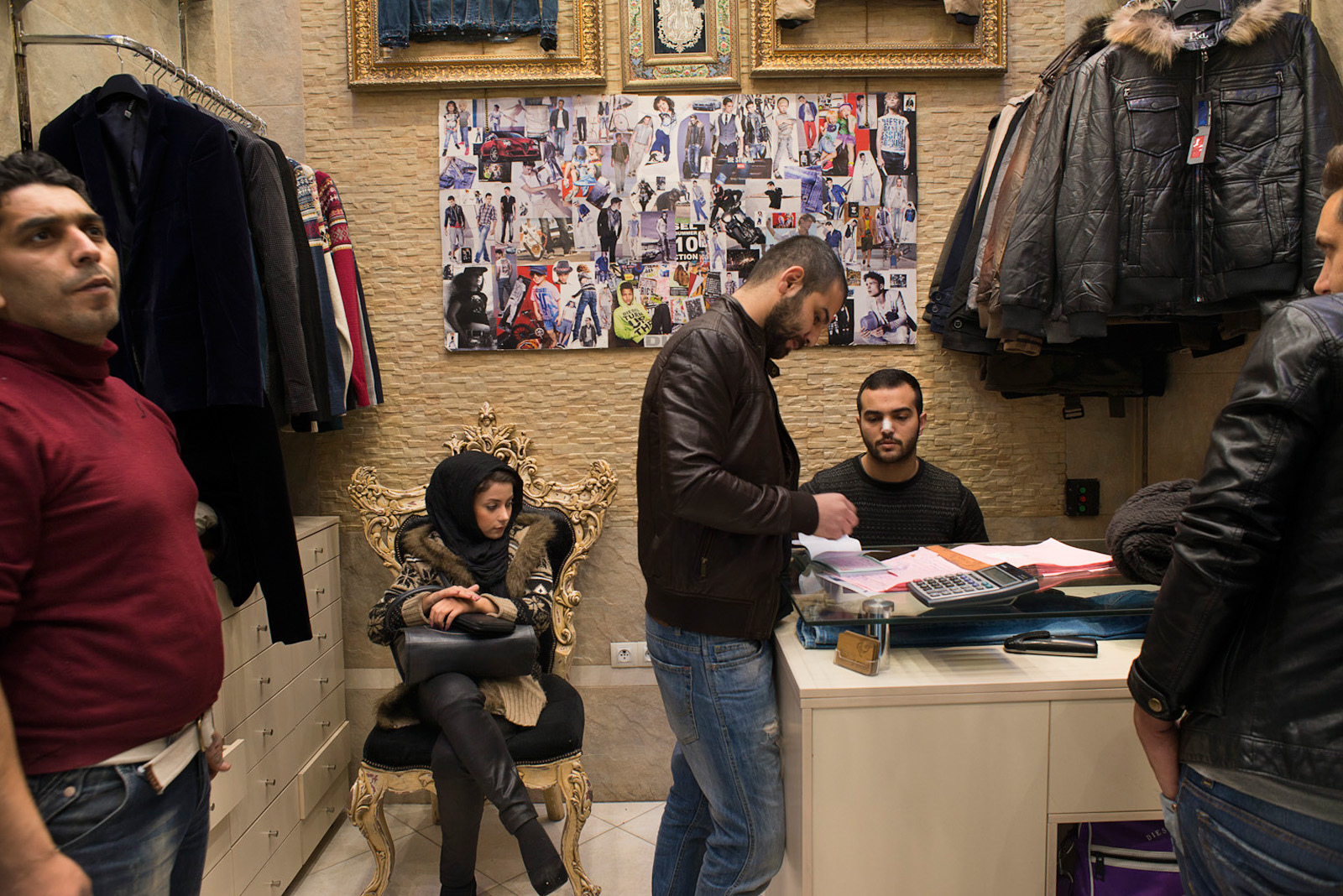
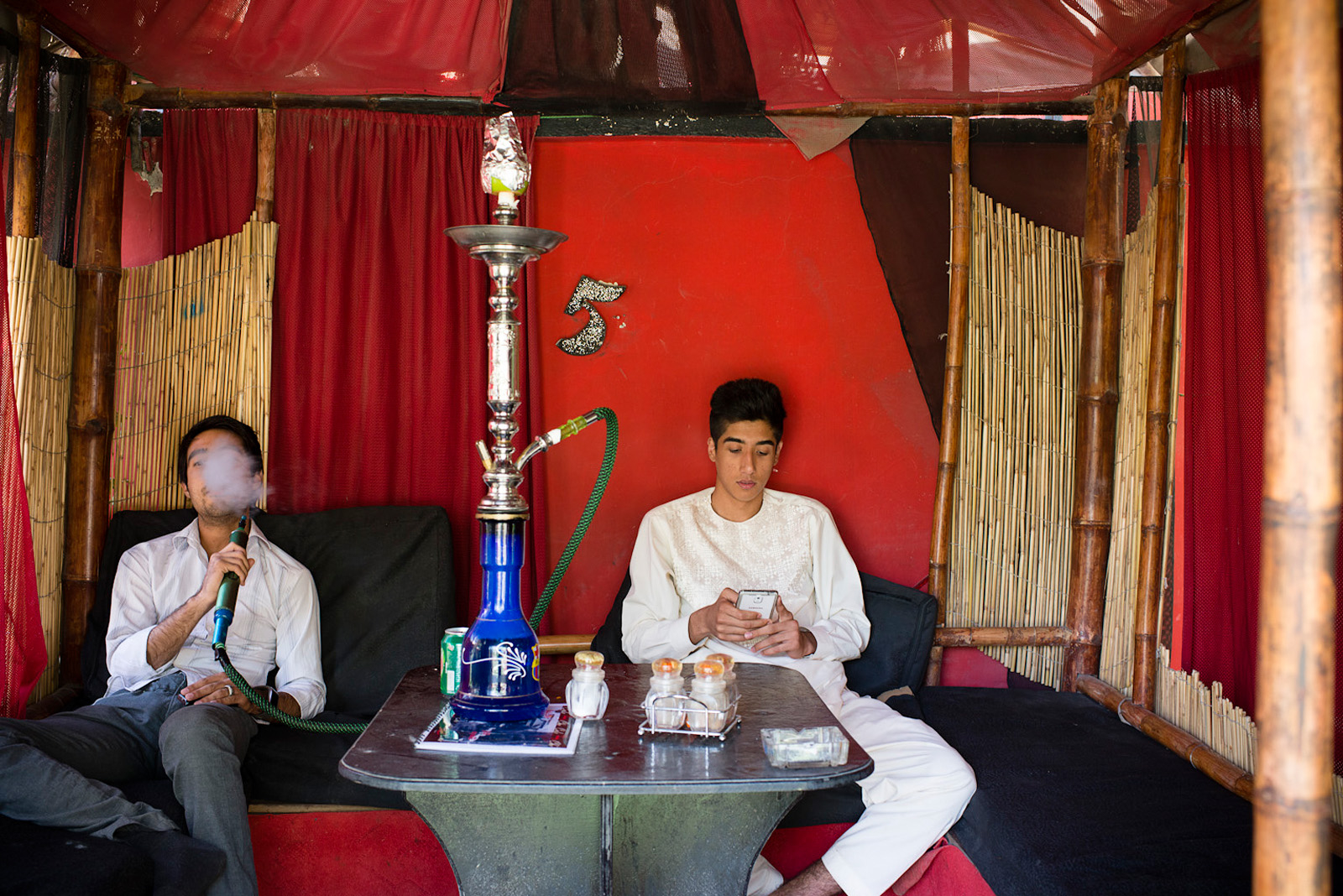
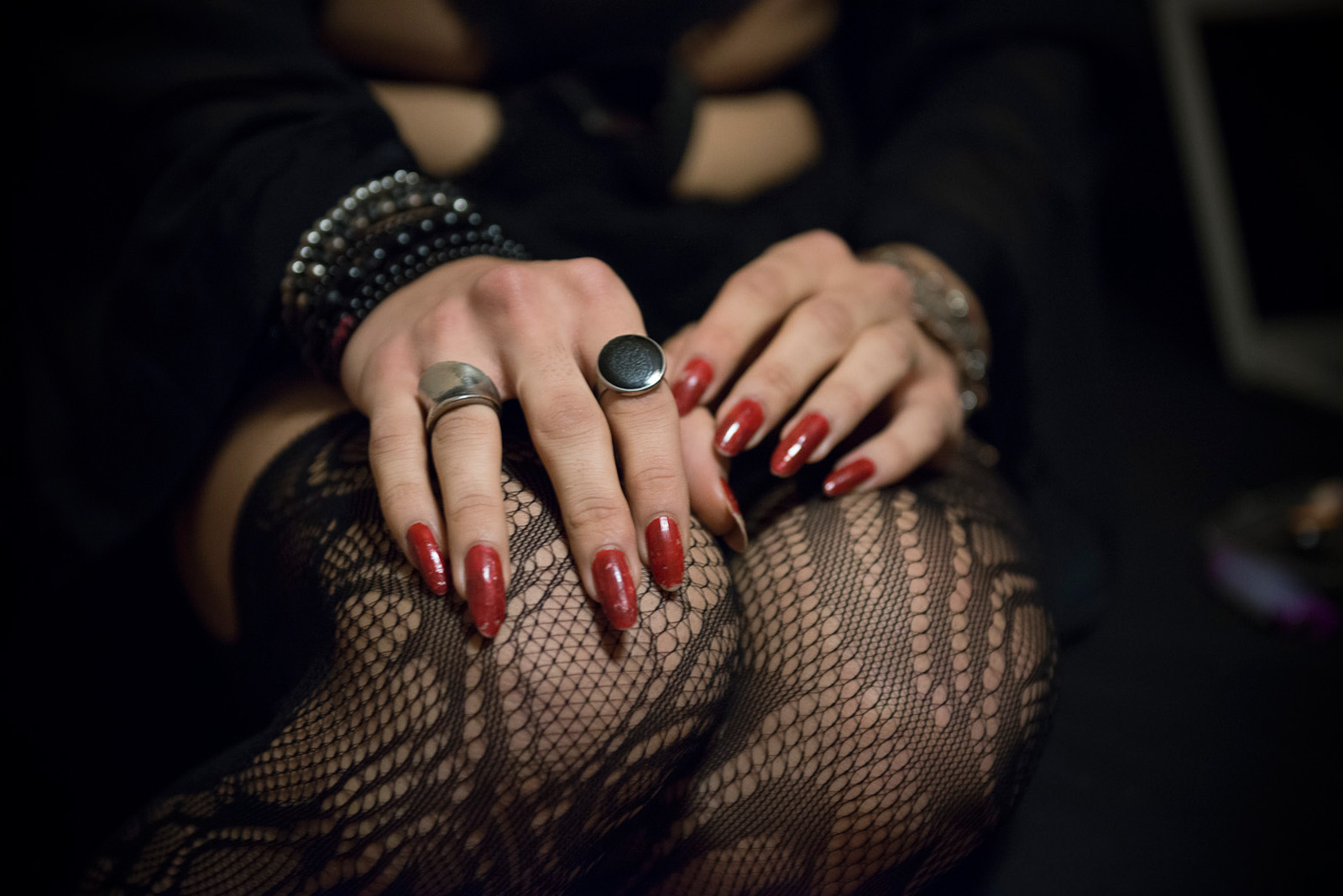
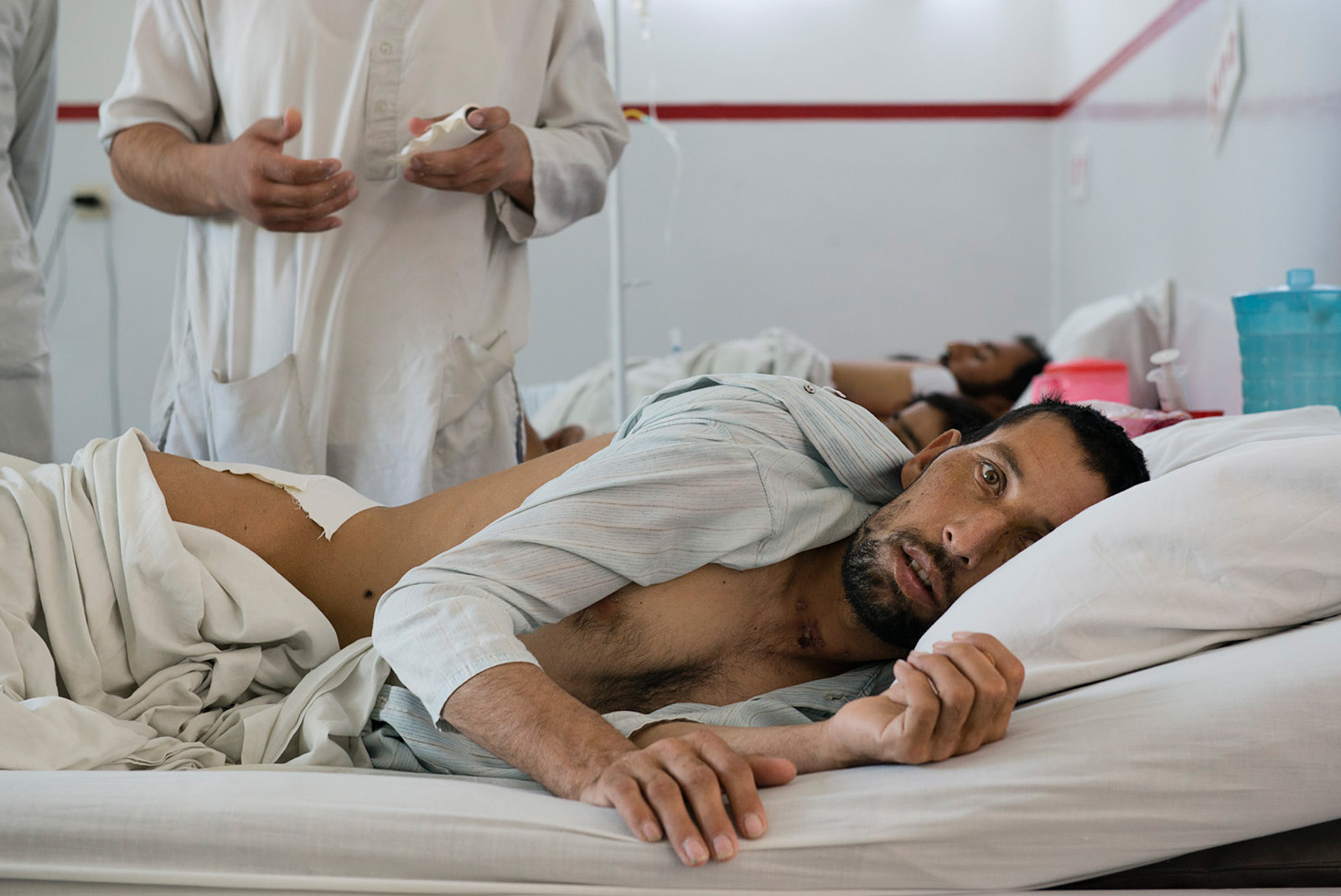
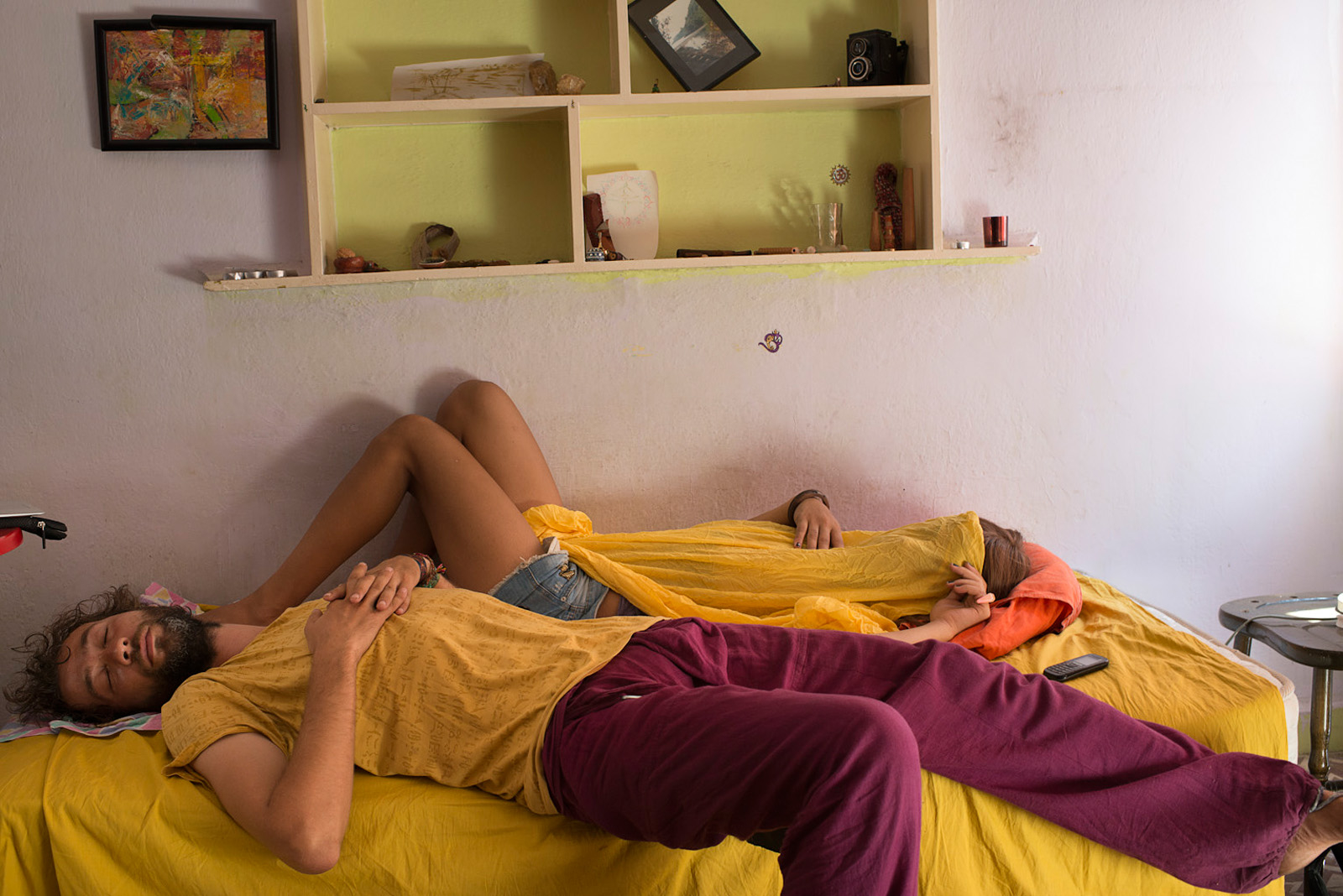
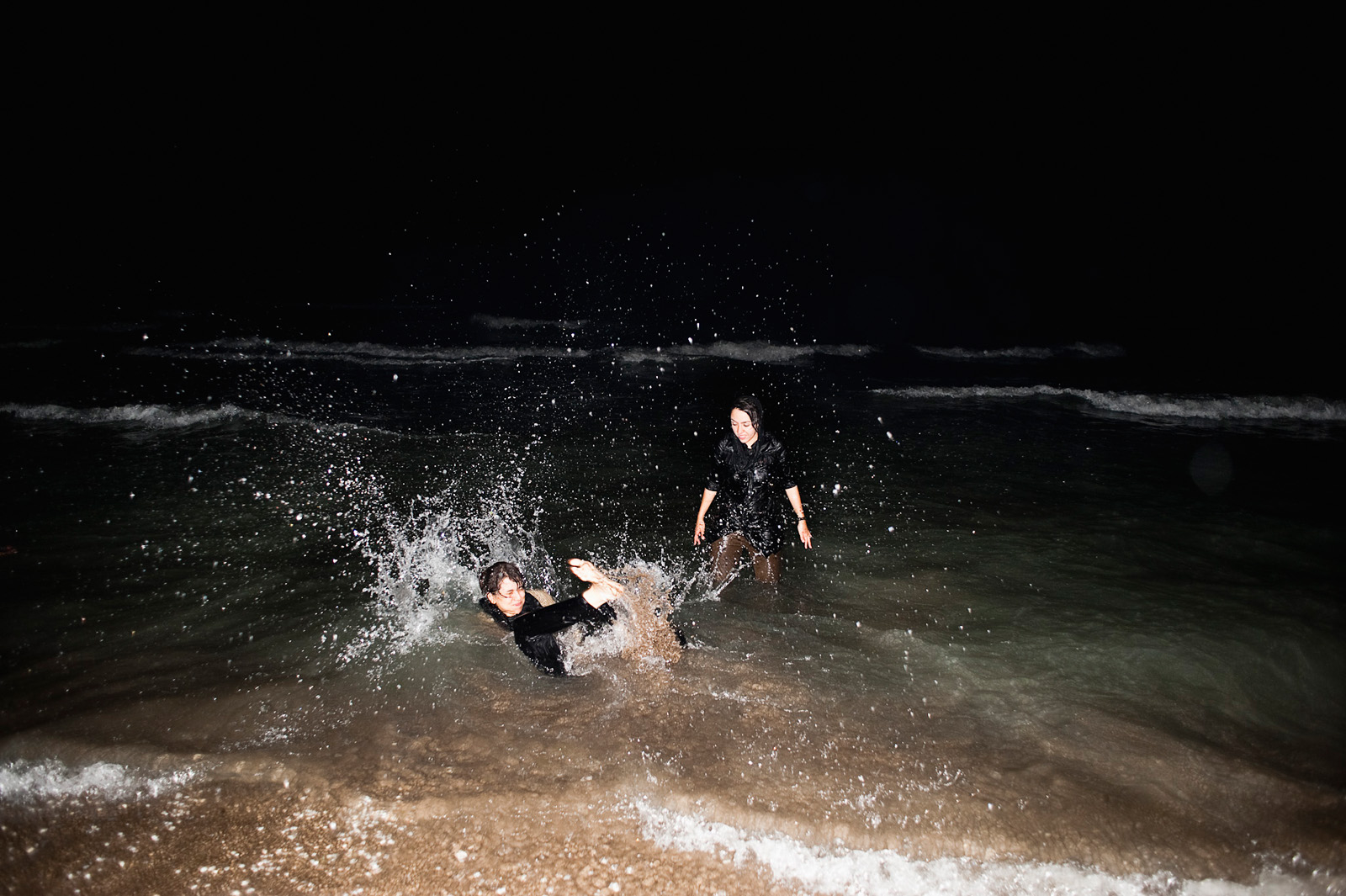
More Must-Reads from TIME
- Inside Elon Musk’s War on Washington
- Meet the 2025 Women of the Year
- The Harsh Truth About Disability Inclusion
- Why Do More Young Adults Have Cancer?
- Colman Domingo Leads With Radical Love
- How to Get Better at Doing Things Alone
- Cecily Strong on Goober the Clown
- Column: The Rise of America’s Broligarchy
Contact us at letters@time.com